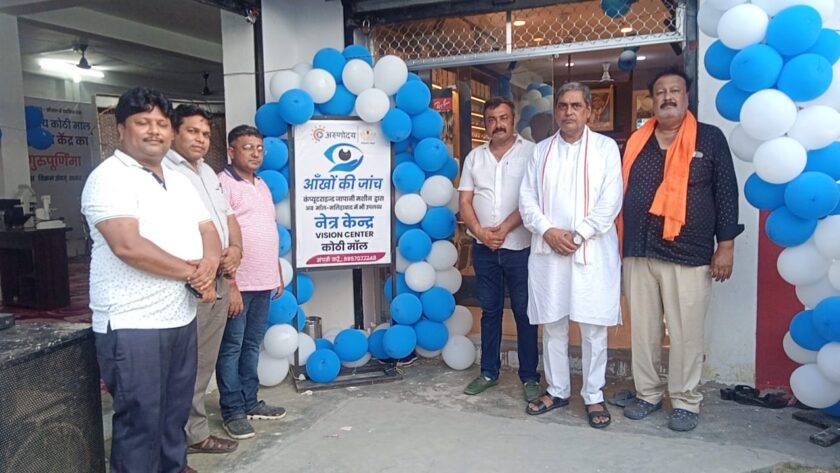Lucknow: Rural sports leagues in India play a significant role in promoting traditional and contemporary sports in the countryside. These leagues are crucial for fostering local talent, preserving cultural heritage, and encouraging physical activity among rural populations. Here are some key aspects of rural sports leagues in India:
1. Traditional Sports Leagues
- Kabbadi: One of the most popular rural sports, Kabaddi has a rich tradition in rural India. The Pro Kabaddi League has brought this sport into the mainstream, with many players originating from rural backgrounds.
- Kho-Kho: Another traditional game, Kho-Kho has its roots in rural India. Various local and state-level tournaments are held to promote this sport.
- Wrestling (Kushti): Kushti or traditional Indian wrestling is widely practiced in rural regions. Akharas (wrestling training centers) are prominent in many villages, and local competitions are frequently organized.
2. Modern Sports Initiatives
- Rural Cricket Leagues: Cricket is immensely popular across India, including rural areas. Numerous local cricket leagues and tournaments provide a platform for rural talent. Some notable rural players have made it to the national and international levels.
- Football Leagues: While not as popular as cricket, football has a strong presence in certain rural regions, particularly in states like West Bengal, Kerala, and Goa. Local leagues and school tournaments are common.
3. Government and NGO Initiatives
- Khelo India Program: Launched by the Government of India, this initiative aims to promote sports at the grassroots level, including rural areas. It includes talent identification, infrastructure development, and the organization of local sports events.
- Rural Development and Sports Promotion Foundations: Various NGOs work towards the development of sports in rural areas by organizing training camps, tournaments, and providing necessary resources.
4. Challenges and Opportunities
- Infrastructure: Lack of proper infrastructure is a significant challenge. Many rural areas lack adequate sports facilities, which hampers the growth of sports.
- Funding and Sponsorship: Securing funds and sponsorship for rural sports leagues can be difficult. However, increased corporate social responsibility (CSR) initiatives and government support are creating new opportunities.
- Talent Identification and Development: Rural areas are rich in raw talent. Initiatives aimed at identifying and nurturing this talent can significantly impact the sports landscape in India.
5. Cultural Significance
- Preservation of Traditional Games: Rural sports leagues play a crucial role in preserving traditional Indian games that are part of the cultural heritage.
- Community Engagement: These leagues bring communities together, fostering a sense of unity and collective identity through sports.
Examples of Notable Rural Sports Events
- Jallikattu (Tamil Nadu): A traditional bull-taming sport, deeply rooted in the cultural fabric of Tamil Nadu.
- Mallakhamb (Maharashtra): A traditional Indian sport where gymnasts perform aerial yoga and wrestling grips on a vertical stationary or hanging wooden pole.
In summary, rural sports leagues in India are vital for promoting sports at the grassroots level, preserving cultural heritage, and providing a platform for emerging talent. With continued support and development, these leagues can significantly contribute to the overall sports ecosystem in India.






